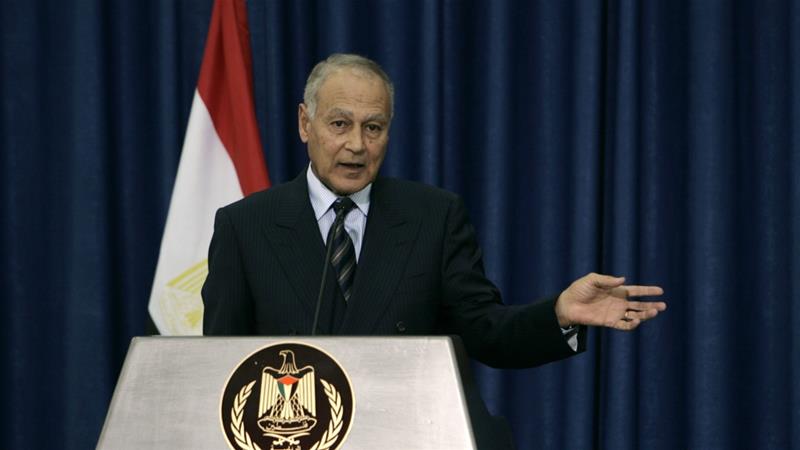Cairo- Aden- Arab League (AL) Secretary General Ahmed Abul Gheit said that coup militias in Yemen continued obstruction to a political settlement, namely solution proposals by the UN Special Envoy, is the prime reason for the country spiraling down in terms of humanitarian affairs.
The AL chief blames the Houthis for Yemen’s “catastrophic situation” due to their establishment of their own government and not responding to political settlement initiatives and UN peacemaking efforts.
The time has come for warring parties to reconsider their accounts and pay attention to the enormous suffering inflicted on Yemenis because of their policies which are based on a narrow and selfish view that has no place for the national interest, said the AL chief.
More so, Abul Gheit warned on Thursday against the growing cholera outbreak in war-ravaged Yemen, urging the international community to respond to the pleas of UN organizations to control the epidemic.
He also called on the world’s states and civil society organizations to urgently respond to the calls of the World Health Organization and the UN Children’s Fund (Unicef) to provide $22 million, out of which 16 million were immediately required, to contain the crisis.
“It is necessary to work closely to contain the cholera epidemic and prevent its outbreak in more Yemeni provinces and cities to avoid a possible humanitarian crisis whose consequences may last for years to come,” said Abul Cheit in the statement.
As many as 362,545 suspected cholera cases and 1,817 related deaths have been reported in 91.3 per cent of Yemeni governorates and 88 percent of its districts, said a WHO report on July 19.
Yemen has been suffering a civil war for about two and a half years.
The war broke out in 2014 after Iran-aligned Houthi putchists –supported by armed loyalists of the ousted president Ali Abdullah Saleh– overran the UN-backed transitional government led by President Abdrabbuh Mansur Hadi and took over the capital Sanaa.
From March 2015 to March 2017, the civil war, ground battles, and air strikes killed over 10,000 Yemenis, half of whom are civilians, injured about 40,000 and displaced over two million, according to humanitarian agencies.
